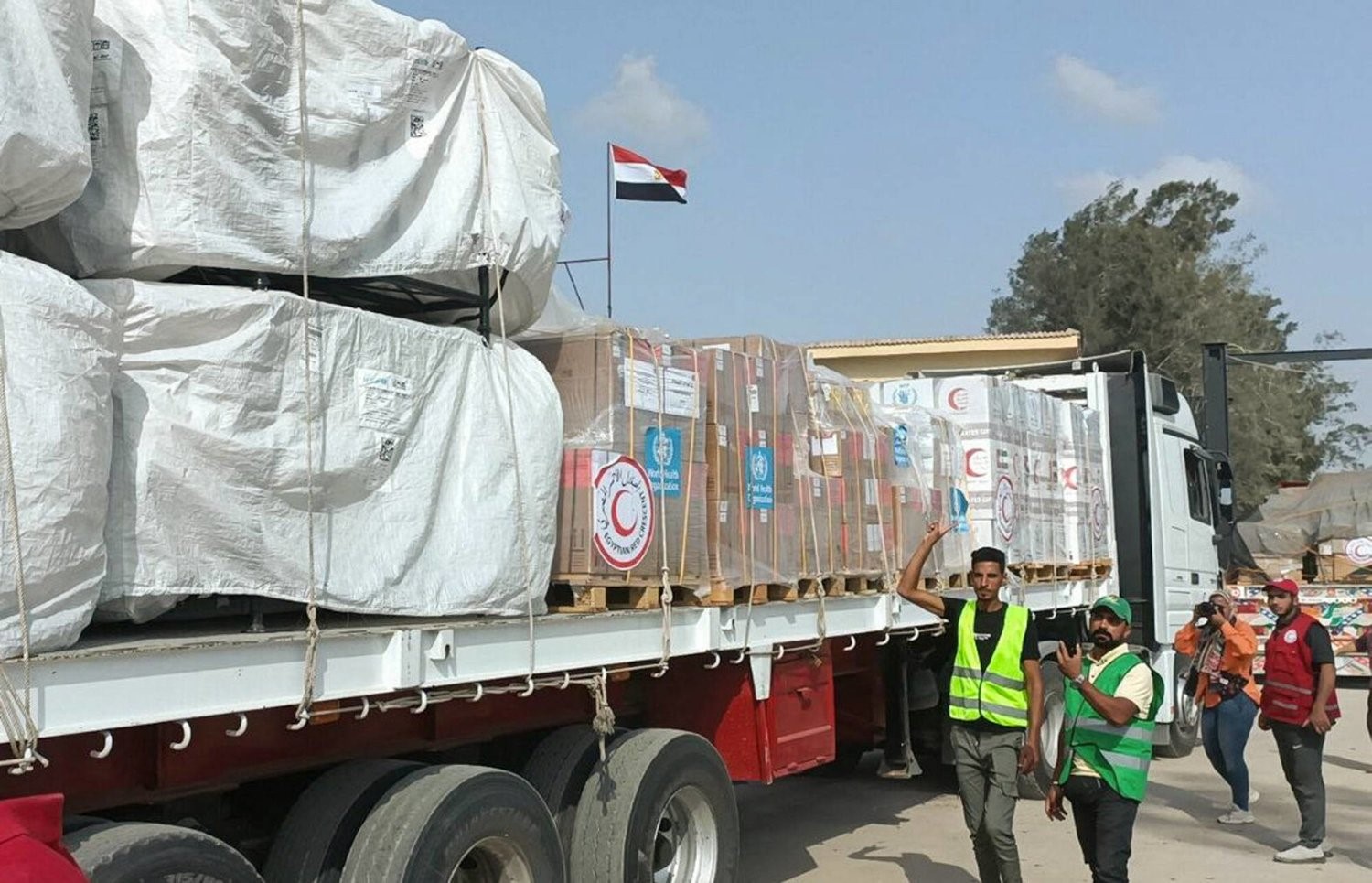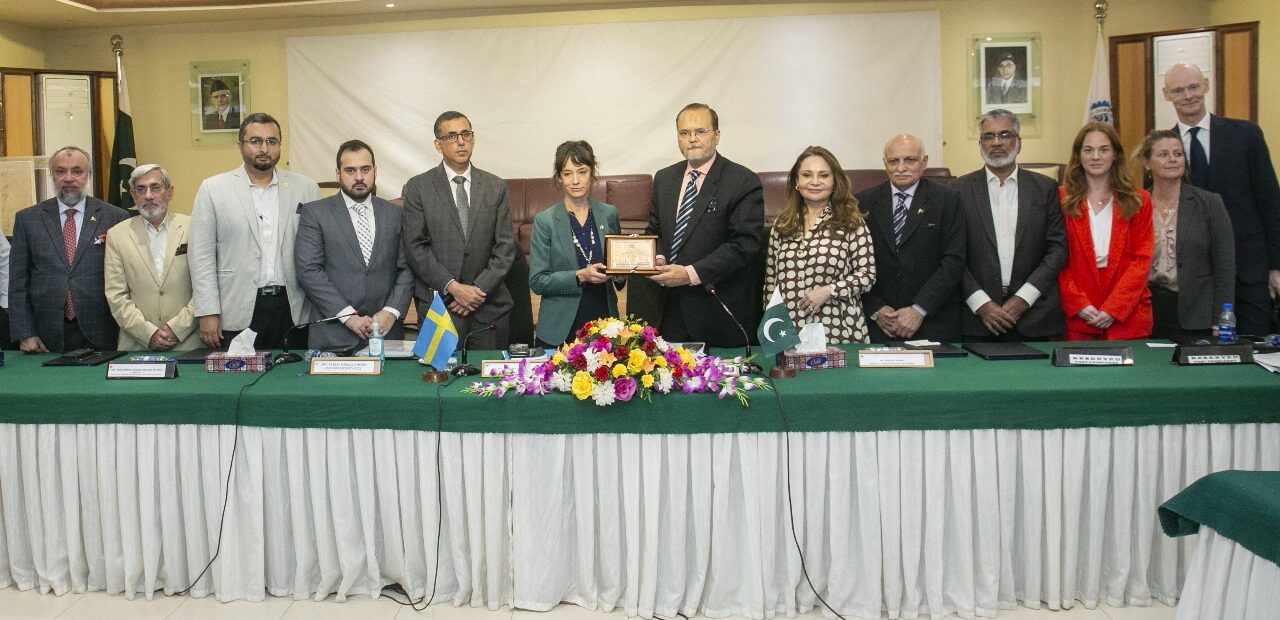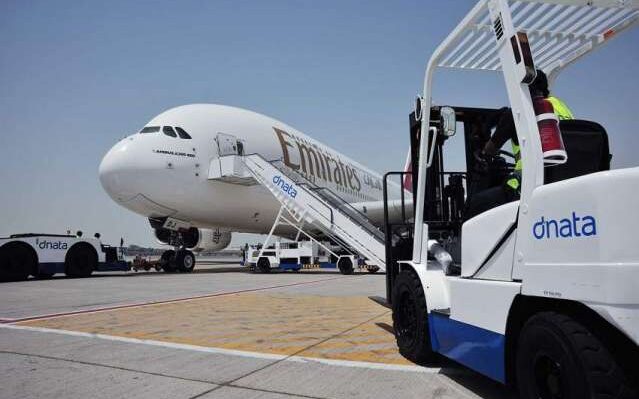United Nations, October 23 , 2023 : A second convoy of trucks, carrying humanitarian aid, has entered Gaza, a U.N. official confirmed, as resources in the embattled Palestinian enclave are near depleted.
The 14 trucks entered from Egypt via the Rafah border crossing on Sunday, Martin Griffiths, the U.N.’s emergency relief coordinator, said in a statement to X, the social media platform formerly known as Twitter.
“Another small glimmer of hope for the millions of people in dire need of humanitarian aid,” Griffiths said. “But they need more, much more.” No details were provided about what was on the trucks. On Saturday, an initial convoy entered Gaza, where more than two million people have been cut off from water, food, medicine, fuel and other essentials in the wake of the current hostilities.
The 20 trucks brought in desperately needed items such as medical supplies, tins of tuna and tomato paste, wheat flour, and enough drinking water for 22,000 people for a day. Hundreds more trucks are on the Egyptian side of the Rafah crossing awaiting entry. The UN has been appealing for a continuous flow of aid to Gaza and for Hamas to release dozens of hostages seized during its attack on Israel on 7 October.
Israel responded with continuous air strikes, a complete siege of Gaza, and orders for people to evacuate the northern part of the enclave. Humanitarians report that more than one million people are displaced in Gaza, water systems are at five per cent of normal capacity, and hospitals are overstretched and on the verge of collapse.
Gaza was already in a dire humanitarian state due to years of blockade after Hamas took control in 2006, and UN agencies have described the situation now as “catastrophic”. Some 406,000 people are sheltering in facilities belonging to UNRWA, the UN agency that assists Palestine refugees, which said on Sunday that its fuel supply will be gone in three days. Safe humanitarian access to people across Gaza is also critical. In his statement, Griffiths praised the aid workers on the Palestinian side of the border who “immediately sprang to action to offload the goods” from the trucks “despite the risks.”



























































































































































































































































































